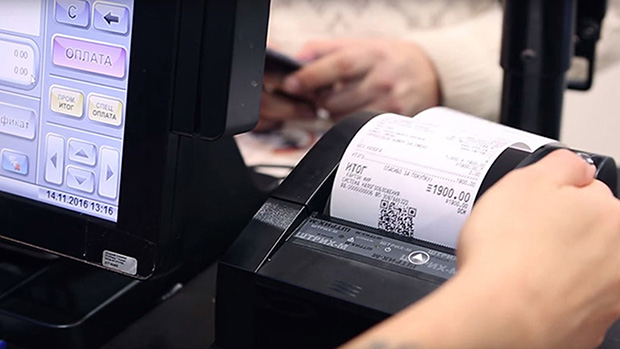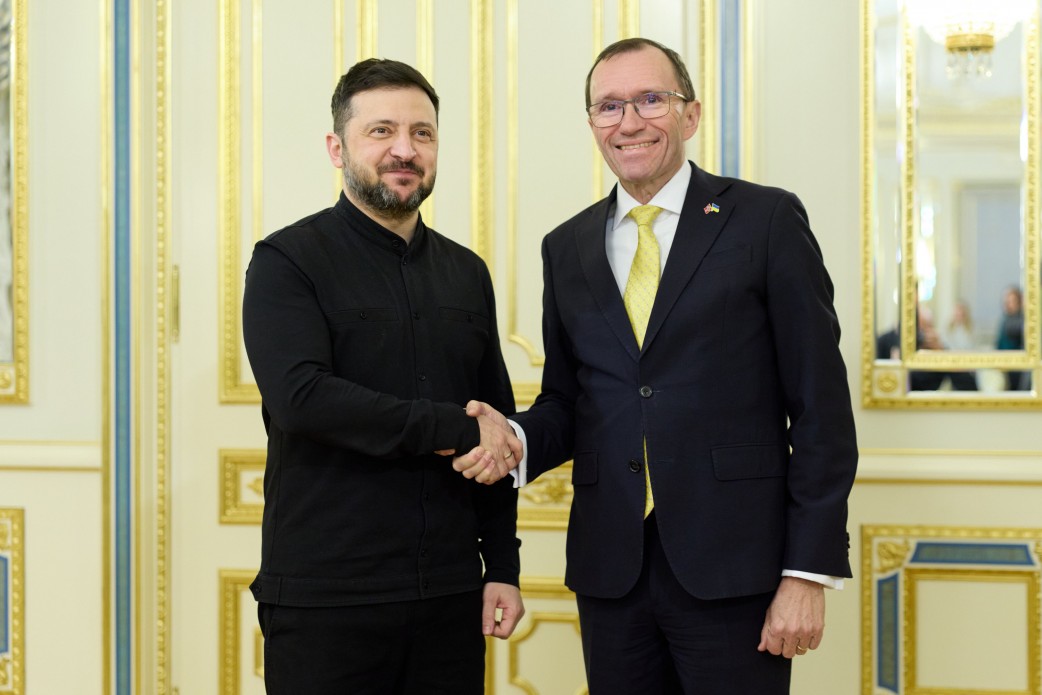In October 2025, the revenue of Russian companies and individual entrepreneurs fell to $82.5 billion — a 21.3% drop compared to the previous month. Legal entities lost around $17.2 billion, while individual entrepreneurs saw revenues shrink by $4.8 billion. The number of cash register receipts declined by 22.4%, indicating a sharp contraction in business activity.
The decline was driven primarily by weakening consumer demand and increasing avoidance of official accounting. Sales of key food staples in physical terms fell by 5% in September–October compared to 2024, including an 8% drop in milk, 9% in buckwheat, and 10% in rice. Inflation, rising utility tariffs, and uncertainty about future incomes continue to pressure consumer behavior.
At the same time, a growing number of businesses are avoiding registering transactions through fiscal systems. This is a reaction to the Russian government’s plan to lower the income threshold for the simplified tax system from $738.6 thousand to $123.1 thousand per year starting January 1, 2026. While the measure aims to boost tax revenues, it is effectively pushing more entrepreneurs into the shadow economy.
A monthly revenue drop of more than 20% reflects slowing cash turnover, declining purchasing power, and the rapid expansion of the shadow sector, which may grow by an additional 10–15% by mid-2026.




















